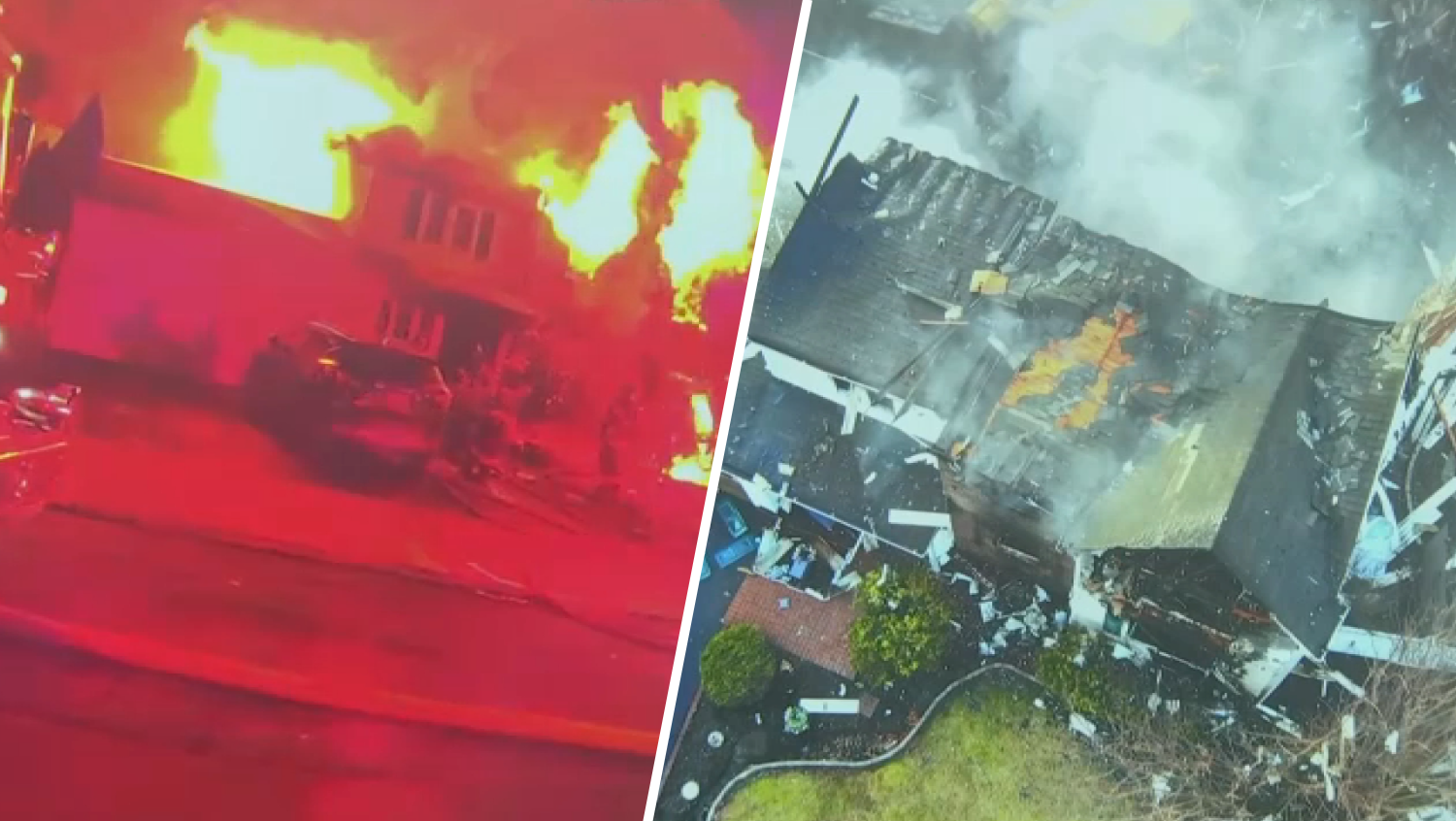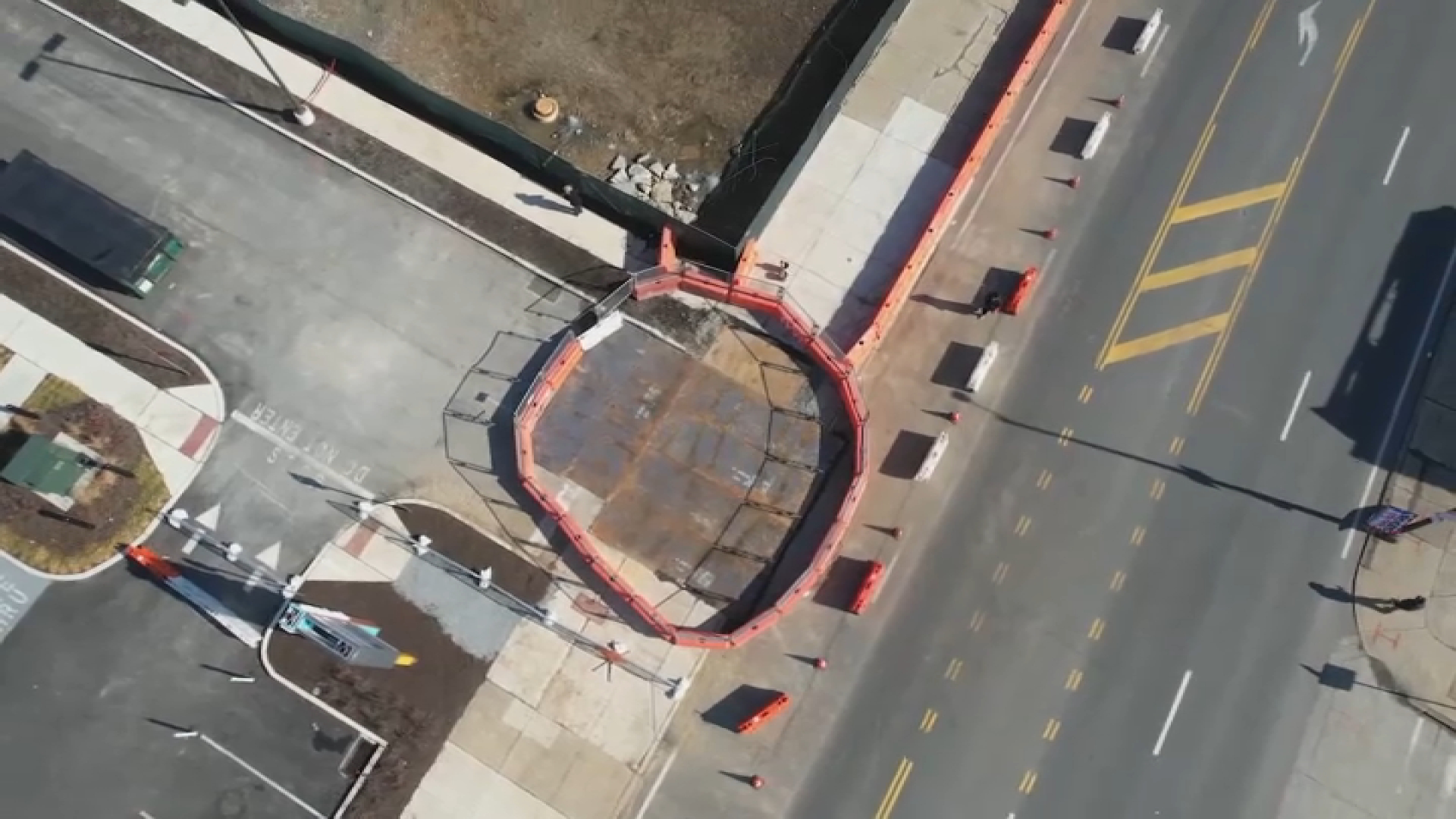COVID-19 has disproportionately affected communities of color, and the Black Doctors Consortium is bringing testing to those spots. A new grant from the city will help. NBC10’s Mitch Blacher reports.
NBC10 is one of dozens of news organizations producing BROKE in Philly, a collaborative reporting project on solutions to poverty and the city’s push towards economic justice. Follow us at @BrokeInPhilly.
Philadelphia's first grant to expand testing for the coronavirus is going to an established network of black doctors who have been working in the communities most vulnerable to the disease.
The Black Doctors Consortium, staffed by volunteers on their days off from health care jobs, has been testing black residents for months, usually in church parking lots. There are dozens of city sites to get a test, but few had the reach in some neighborhoods like the volunteer group.
It should be able to test 250-350 people a day, founder Dr. Ala Stanford said.
The funding amount was not specified, but Mayor Jim Kenney said it was "in the area" of $1 million to help sustain and expand the operation. Health Commissioner Dr. Thomas Farley said the money came from a Centers for Disease Control and Prevention grant to expand testing.
The partnership and funding came after a monthslong period - that Kenney said was too long - where the consortium was operating independently from the city government. Multiple black leaders who spoke Tuesday mentioned that "there is never a wrong time to do the right thing."
Local
Breaking news and the stories that matter to your neighborhood.
The conversation in the Enon Tabernacle Baptist Church parking lot covered the current pandemic, its disproportionate effects on communities of color, and some of the history of racism in health care. Councilwoman Cherelle Parker mentioned the Tuskegee Experiment, where a group of government doctors left syphillis untreated in black patients to see the debilitating progression of their symptoms.
The incident led to years of distrust of health care in black communities, and it's something workers have to combat every day.
"You came to us, you trusted us, with your personal information," Stanford said. "We’re collecting sensitive information, we’re doing something somewhat invasive to your body, and you trusted us."
Kenney and Farley said it was important to establish the relationship now.
“We’re going to need it even more in the future," Farley said. “We’re going to be testing for months, or maybe years, until we have a vaccine."
And the group could also help distribute the vaccine to communities who need it. Without that in place, Parker wondered who would receive most of the vaccines.
"Will it be those who have the best health care? Will it be those who are the wealthiest?” Parker said.
Stanford said the partnership was a long time coming, and remembers being outdoors in 30-degree weather with a scarf on administering tests. She started bringing people together after reading a Philadelphia Tribune article mentioning that the virus was hitting black communities harder.
“I said I am not waiting anymore. I’m a doctor, I know the disease, I’m a physician scientist, I’m a businesswoman, I can order these kits, I can assemble my people, and this can happen," Stanford said. "And we can do for us while we wait for everyone else to catch up. Because I was tired of waiting for someone to save us.”
She also implored hospitals, urgent cares and other health institutions to become more open to treating people in need.
“Open your doors. Remove the barriers. Take away the requirement for a prescription. For a note from your doctor. An appointment. ... Just say, come to us."



